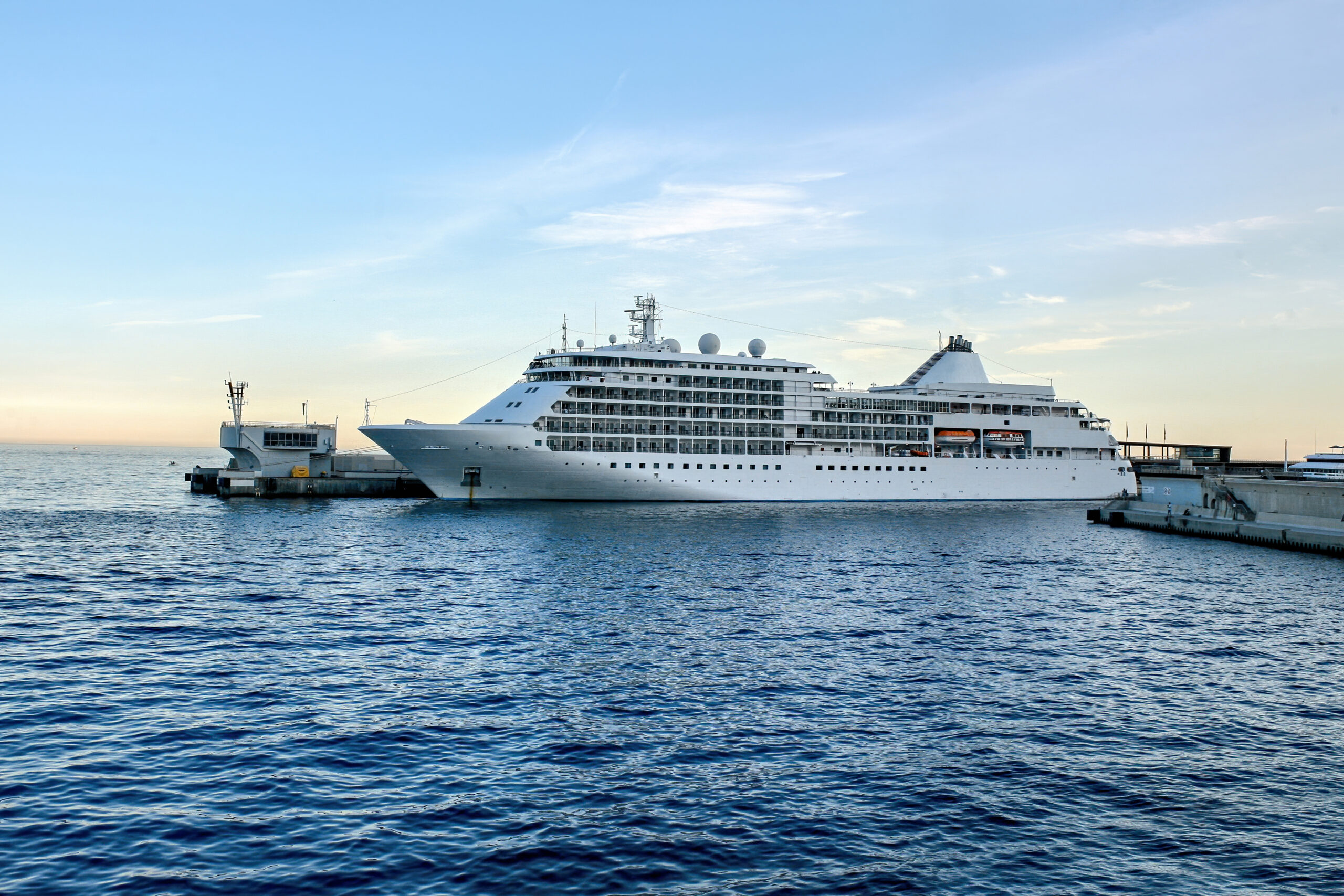
Can you sue for injuries sustained on a cruise ship?
Cruise ships offer travelers a luxurious and exciting vacation experience, with a range of amenities, onboard entertainment, and beautiful destinations to explore. Millions of people enjoy the convenience and comfort of cruising each year without any issues. However, it’s important to understand that accidents, injuries, or other incidents can occur at any time during your travels, which could leave you wondering about your legal rights and the possibility of seeking compensation for damages incurred. In such cases, passengers are protected by maritime laws that are designed to protect them from negligent acts committed by crew members or the cruise line itself. It is critical to be aware of your rights as a passenger in order to ensure that they are upheld if something does go wrong on your voyage. Knowing what steps to take when an incident occurs is important in case you need to file a claim in order to receive compensation for any injuries or losses due to negligence or other unacceptable practices on board a cruise ship.
Factors to consider before you sue for injuries sustained on a cruise ship.
Here are some essential elements to consider:
-
Cruise line policies and contracts
When booking a cruise, travelers are usually required to agree to the cruise line’s contract and policies. These contracts often contain clauses that serve as limitations on the cruise line’s liability for any injuries or accidents that may occur on board their ships. As such, it is important for those embarking on a cruise to familiarize themselves with the specific policies and contracts of their cruise line in order to comprehend their legal rights and obligations. This contract typically includes terms specifying the circumstances under which passengers can cancel their trip without incurring additional fees, as well as outlining the procedures to follow in the event of an accident or injury. It contains important information about refunds and reimbursements, insurance coverages, regulations regarding medical care onboard ships, and other related matters.
-
Maritime law and jurisdiction
Maritime law is a unique type of legal framework that applies to vessels on the sea, including tanker ships, cargo ships, and cruise ships. This specialized area of law includes both international treaties and domestic regulations, making it complex in nature. When it comes to cruise ships, determining the appropriate jurisdiction for a maritime lawsuit can be especially challenging due to their constant movement within different countries’ waters. It is crucial for any party attempting to pursue legal action against a cruise line or its employees to understand the scope of maritime laws which may apply in order to adequately advance their claims. The laws governing maritime activities vary by country and must be taken into consideration when filing lawsuits. Having an understanding of these laws and jurisdictions is paramount for achieving success in any maritime litigation involving a cruise ship.
-
Negligence and Duty of Care
The concept of negligence and duty of care is integral when mounting a personal injury case, particularly when the scene of the incident is aboard a cruise ship. Passengers can be entitled to compensation by successfully conveying that the cruise line or its personnel neglected their responsibility to protect them. To establish negligence, it must be proven that the liable party was cognizant of potential hazards or risks but refrained from taking the necessary steps to avert them. This could take the form of an absence of adequate warnings or information pertaining to hazardous environments, shrugging off obvious hazards, or even exhibiting careless behavior with little regard for passenger safety.
-
Time limitations and filing deadlines
It is important to be aware of the legal time limitations and filing deadlines when pursuing a personal injury claim related to cruise ship accidents, as failure to adhere to these can lead to the dismissal of your case. The statute of limitations and filing deadlines for such claims vary depending on the jurisdiction in which the incident occurred and the specific nature of the claim itself. Consequently, it is prudent for anyone considering taking legal action following a cruise ship accident to seek advice from an experienced attorney. Doing so will help ensure that any lawsuit is filed within the allotted time frame, thus protecting your right to receive compensation or other remedies.
-
Nature and severity of injuries
When a person incurs injury due to the negligence of another, ascertaining the appropriate compensation for their damages is of paramount necessity. From minor abrasions necessitating concise medical attention to grievous impairments leading to prolonged disability, the severity and consequences of the harm sustained should be evaluated carefully in order to determine the corresponding award. In such cases, it’s imperative to assemble a comprehensive body of evidence, including contemporaneous medical reports and statements from witnesses, as this can bolster the legitimacy of your case. Moreover, prompt medical attention is of utmost importance, as this will help record any immediate impacts and help avert potential complications down the line. By following these steps, one can safeguard their right to proper remuneration for their anguish and diminished quality of life. If you want to learn more about whether you can sue for injuries sustained on a cruise ship, check this out to learn more about your legal options.


